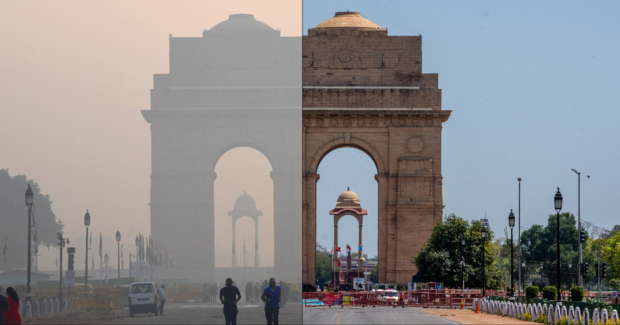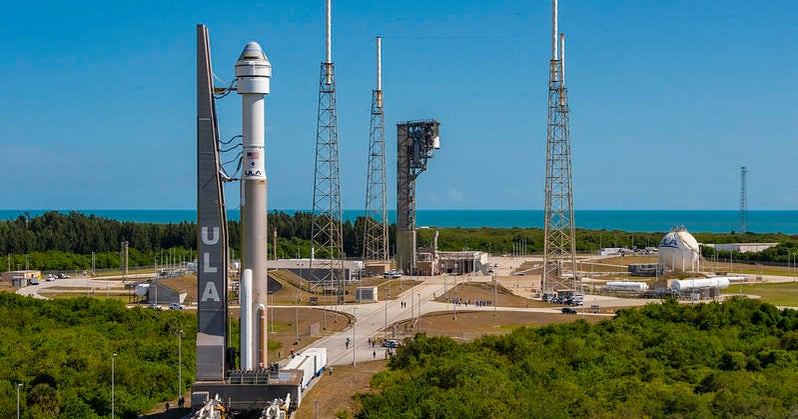Carbon emissions in India are down for the first time in four decades
Carbon emissions in India have fallen for the first time in nearly 40 years, in large part due to the country's coronavirus lockdown. The data reflects an ongoing trend —2020 is on track to see the largest yearly global decline ever in emissions.
According to an analysis released Tuesday by researchers at the Centre for Research on Energy and Clean Air (CREA), decreased electricity use and competition from renewable energy sources like wind and solar have weakened demand for fossil fuels in the last year. However, the unexpected lockdown prompted by the coronavirus pandemic is what finally reversed India's 37-year emissions growth trend.
Since early 2019, India has seen a weakened demand for thermal power generation, researchers said. But not until the lockdowns began in March did growth fall below zero, dropping 15 percent that month, and likely about 30 percent in April.
Researchers say the economic slowdown caused by the pandemic has cut India's electricity usage, reducing the need for coal. Coal-fired power generation fell 15 percent in March and 31 percent in the first three weeks of April, while renewables increased by 6.4 percent in March and decreased slightly by 1.4 percent in April.
Coal deliveries were already down 2 percent year-over-year in March, but they have since fallen at least another 10 percent, with imports falling 27.5 percent, the CREA researchers said.
Oil consumption decreased 18 percent in March compared to the previous year. Consumption grew just .2 percent during the fiscal year — the slowest growth in at least 22 years — mostly due to lockdown measures, researchers said. Crude oil production also fell 5.9 percent and refinery production fell 1.1 percent.
Based on the data for coal, oil and gas consumption, researchers estimate that CO2 emissions fell by 30 metric tons. India saw declines in 1970, 1974, 1980 and 1984 — but those dips were minimal compared to this year's decrease.
It's unclear if the country will be able to sustain these environmental improvements after it reopens. The U.S. has relaxed environmental regulations during the pandemic, and there are fears that other counties could do the same.
"The longer-term outlook for India's emissions will be shaped, to a significant degree, by the government response to the crisis," researchers said. It "will have major long-term implications for India's CO2 emissions and air quality trajectory."
Analysts see three possibilities for governmental intervention needed to keep emissions low: Efforts to reinvigorate renewable energy programs after the lockdown; bailouts and structural changes following massively decreased electricity demand; and a desire to continue combating air pollution after experiencing such drastic improvement in air quality.
Several places in India are already feeling optimistic as they experience clear, blue skies for themselves.
"In each case, the crisis could act to catalyze, reinforce or accelerate the factors that have already been driving Indian policymaking in this area," researchers said. "Such improvements in air quality are anomalies and if left unchecked following the lockdowns, air pollution will return swiftly and the threats to human health and wellbeing linked to it will persist."
Increased air pollution leads populations to be more vulnerable to COVID-19 and other respiratory diseases, giving governments even more of an incentive to maintain the environmental benefits seen by lockdowns.
And while India implemented its strict nationwide lockdown on March 25, it began easing restrictions earlier this month as part of a multi-phase reopening strategy. The country has seen a dramatic spike in infections since relaxing regulations, with over 73,000 confirmed cases and over 2,400 deaths as of Tuesday.





